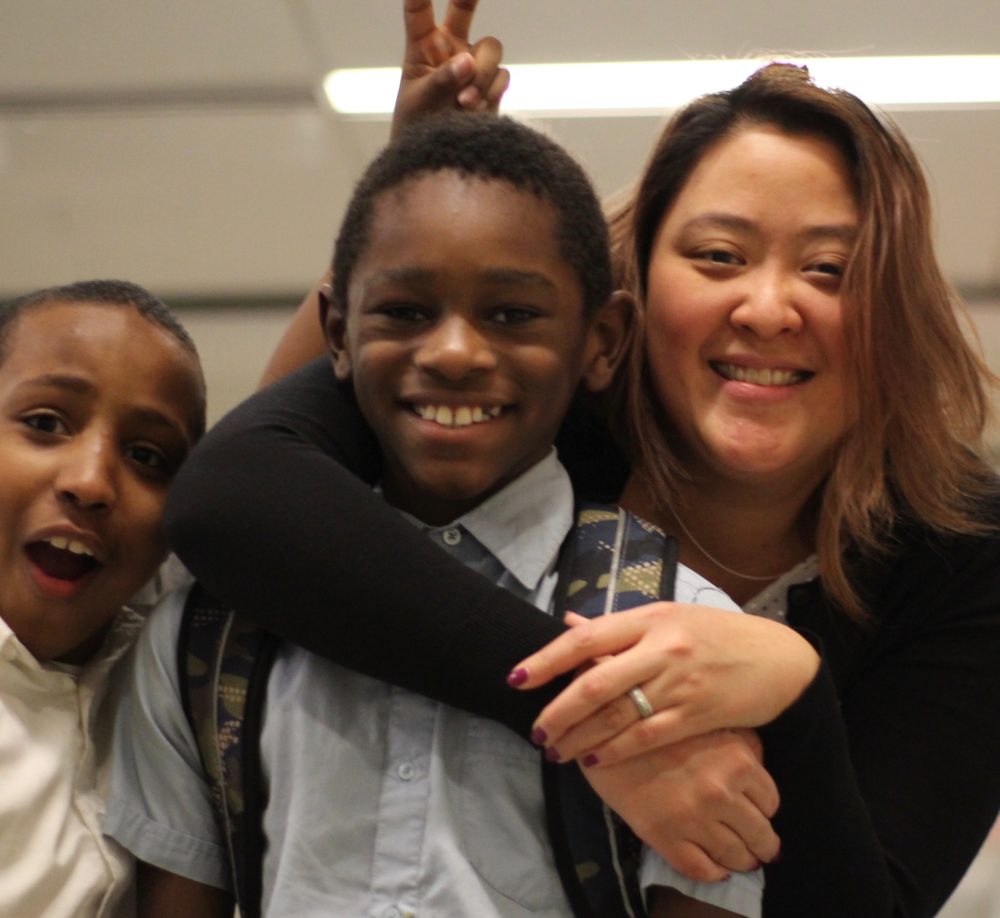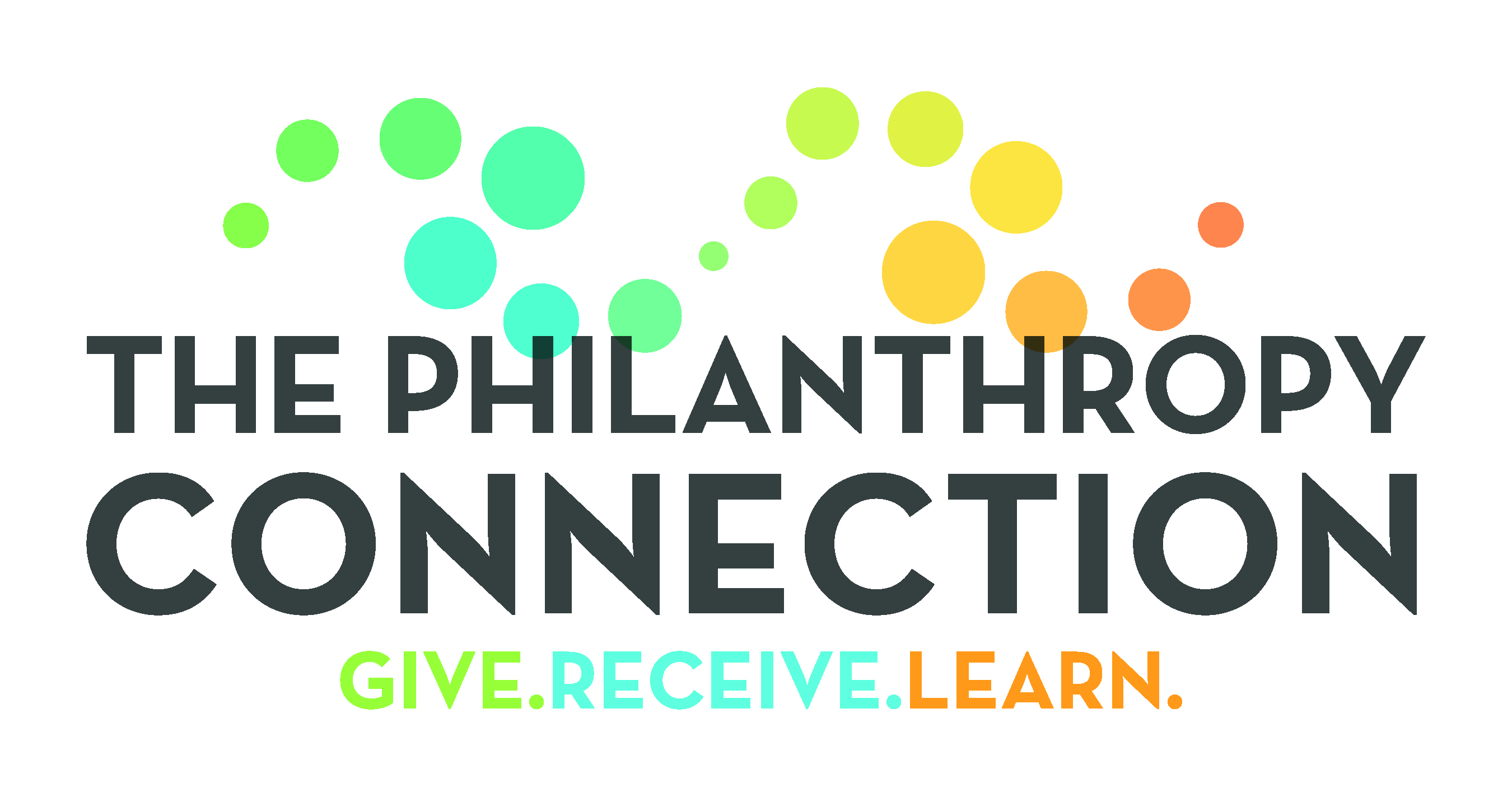Reconnecting with Yi-Chin Chen

Friends of the Children-Boston (FOTC) is an independent chapter of a nationwide organization dedicated to breaking the cycle of generational poverty through salaried, professional mentoring. The Boston chapter was founded as an independent 501c3 in Boston, Massachusetts, in 2004. The Friends of the Children-Boston’s mission is to create generational change by identifying children in Boston public schools facing the greatest risks and engaging them in transformative mentoring relationships. The relationship begins in kindergarten and lasts for 12½ years through high school graduation. Children are matched with FOTC’s professional mentors who work in their schools, homes, and communities to guide them to develop their greatest potential.
Tell us a little about yourself and how you came to lead FOTC.
I have been a youth worker in the city for more than two decades. I am a social worker by training and I started in the community setting by serving disenfranchised youth in Uphams Corner. Youth work has always been at the center of my professional being. FOTC’s mission is really what grabbed me in a very different way. As a youth worker, you always see the limitations of what you can do, and I felt a lot of limitations. In this place, however, people were unapologetically willing to devote their efforts to addressing all the things that people saw as limitations. I believe this even more now that I’ve been here longer than five years. I just cannot see any other way to serve youth.
What are the goals of FOTC for 2020? What’s on the horizon?
 FOTC has grown very rapidly. At the time of our first TPC grant in 2017 we were just flirting with the idea of growing – our first class of Achievers had just graduated. The organization has come a long way since then. We’re in the second year of our current strategic plan, which has the goal of shoring up the bones of an organization that now boasts a team that has grown in size to 23. Step one in this process was bringing in our new Chief of Staff, Stephanie Guidry. Being able to continue to build capacity internally continues to be a big goal for us. We will be adding one more staff member soon. We are also onboarding another class of kindergartners from three BPS schools. We are also growing on the upper end of the age range of students we serve, as this year we’re graduating our fifth class of high school students. The number of our alums is increasing and they all still remain very much connected. We will be thinking about ways to support their growth even further, particularly through their personal and professional networks now that they are navigating college, careers, and life.
FOTC has grown very rapidly. At the time of our first TPC grant in 2017 we were just flirting with the idea of growing – our first class of Achievers had just graduated. The organization has come a long way since then. We’re in the second year of our current strategic plan, which has the goal of shoring up the bones of an organization that now boasts a team that has grown in size to 23. Step one in this process was bringing in our new Chief of Staff, Stephanie Guidry. Being able to continue to build capacity internally continues to be a big goal for us. We will be adding one more staff member soon. We are also onboarding another class of kindergartners from three BPS schools. We are also growing on the upper end of the age range of students we serve, as this year we’re graduating our fifth class of high school students. The number of our alums is increasing and they all still remain very much connected. We will be thinking about ways to support their growth even further, particularly through their personal and professional networks now that they are navigating college, careers, and life.
You mentioned in your application that there are a number of other mentoring organizations involved in similar work. What makes FOTC’s approach different?
There are many unique elements to our model. One is our target population. FOTC identifies the children rather than have children self-select or their families nominate them. The children we serve tend to be those who miss out on opportunities. The fact that this is a paid mentoring approach is also unique. This ensures we can maintain quality, high expectations, rigor, and longevity that we simply wouldn’t be able to do to the same extent with volunteers. When our founder, Duncan Campbell, started the program, his original intention was that a child would have someone he or she could reach out to, but more than that, he realized that intentionality was important. So, every minute spent with a child is intentional, planned, and accounted for.
At the same time, we’re partnering with the parents and caregivers. This is part of our “special sauce,” and families see us as their partner and advocate. Finally, we are the only organization that follows children throughout their entire K-12 journey with this level of focus, intentionality, and individual attention.
Can you tell us a story about how your work has impacted a child, a family, or a community?
There are so many… I’ll have trouble picking one. We have an older Achiever (FOTC’s descriptor for the children it serves), now a senior in high school. She is a super-high performer but has really struggled with self-management and self-soothing. She is an incredibly bright young woman but one with a lot of self-doubt who has trouble managing her worries. This really used to get in her way and sometimes even caused her physical health issues. It was a perpetual cycle that she had experienced throughout her childhood. It’s been incredible to watch her mentors help her learn how to manage these struggles as she has gotten older. She is now approaching the end of her senior year in high school, which is stressful enough, but more so with the challenge of the college application process looming. Her mentors, however, anticipated the stress and started working with her on coping strategies so that she would not feel overwhelmed. Their work is really bearing fruit. In addition, a member of our Young Professionals Board who graduated from Harvard also connected with this Achiever in another show of support. This interaction offered her a real-life experience of having a connection with someone who can speak to her about what it’s like to go to college at an Ivy League school.
How has TPC’s grant helped to carry your mission forward?
We wrote up the application to support our growth, and the growth plan is right on track. Being able to grow our program not only in scale but also in depth has been one of the most incredible highlights of the year. In addition to adding several staff and Achievers, we’re seeing more intentionality to the work. Adding a third school – a high-needs school – while raising the bar on quality has been fantastic. Add to this the expansion into new space at Hibernian Hall…we’ve been here for a year now and the larger physical space has been an important and appreciated addition to our work as we welcome more and more young Achievers.
Concurrent with our thinking about how we will continue to settle into this space, our elementary team created a goal to increase the reading levels of our elementary school Achievers. Having a new library available to us along with the ability to purchase high-quality, age-appropriate, culturally relevant books has been a huge element in reinforcing the team’s bigger goals around expansion and the deepening of impact.
This is TPC’s second grant to FOTC. Our first grant in 2017 supported baby steps toward growth. The current grant has really helped the growth happen. And this is not just through providing the resources, but also through signaling to other funders that this is an important investment.
What is most gratifying about your work? Is there an example that stands out for you?
What’s most gratifying for me is the transformation I see with our Achievers, both immediately and over time. For example, one of the mentors was here yesterday with a boy who was struggling. I watched the mentor coach the young Achiever and guide him to make sense of and persevere over what he was struggling with. Another amazing transformation is when you see an Achiever really “find his spark,” as we like to say. Finding something kids are good at, even excel at – like reading well – gives them tremendous external validation of the strengths and assets they possess. And that’s a huge confidence booster. It’s an incredible thing being able to witness transformations like these happen every single day.

